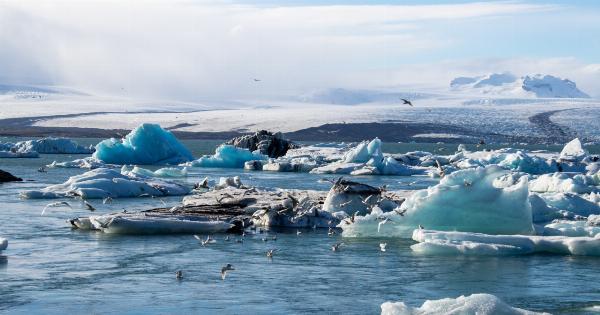Climate change is a hot topic that has garnered much attention in recent years. The effects of climate change on the environment and on human health are being studied extensively.
Research has shown that climate change is linked to a number of health issues, including increased rates of heart attack.
What is climate change?
Climate change refers to the long-term changes in temperature, rainfall, wind patterns, and other weather patterns. These changes are caused by human activities, primarily the burning of fossil fuels like coal, oil, and gas.
The burning of these fuels releases carbon dioxide and other greenhouse gases into the atmosphere. These gases trap heat and cause the Earth’s temperature to rise, leading to global warming.
How is climate change linked to heart attack?
Climate change affects the environment in a number of ways, including changes in air quality, extreme weather events, and changes in biodiversity. These changes can have significant impacts on human health, including an increased risk of heart attack.
Air quality
Climate change is linked to changes in air quality. Higher temperatures and more frequent wildfires lead to increased levels of air pollution. Pollution from particulate matter is linked to an increased risk of heart attack.
Particulate matter, which includes fine particles like dust and soot, can enter the lungs and cause inflammation, which can trigger a heart attack.
Extreme weather events
Climate change is also linked to more frequent and severe extreme weather events, such as heat waves, hurricanes, and floods. These events can have a direct impact on heart health.
Heat waves, for example, can cause dehydration and heat exhaustion, which can lead to an increased risk of heart attack. Hurricanes and floods can also lead to increased stress, anxiety, and depression, which can have an indirect impact on heart health.
Changes in biodiversity
Climate change is also linked to changes in biodiversity, which can have indirect impacts on heart health. Changes in the types of plants and animals in an area can affect the quality of the air and water.
For example, deforestation can lead to increased air pollution and decreased water quality, which can be harmful to heart health.
Who is at risk?
Everyone is at risk of the health impacts of climate change, but some people are more vulnerable than others.
Certain populations, such as the elderly, children, and people with pre-existing health conditions, are at higher risk for heart attack and other health problems linked to climate change.
What can be done?
Reducing greenhouse gas emissions is the most important step that can be taken to address the health impacts of climate change.
This can be done by increasing the use of renewable energy sources like solar and wind power, improving energy efficiency, and reducing the use of fossil fuels.
Other steps that can be taken include:.
- Planting trees and other vegetation to reduce air pollution
- Preparing for extreme weather events, such as heat waves and floods
- Improving access to healthcare and emergency services
- Encouraging active transportation, such as cycling and walking, to reduce air pollution and promote physical activity
- Reducing food waste and promoting sustainable agriculture practices to reduce greenhouse gas emissions
Conclusion
Climate change is a complex issue that has significant impacts on human health, including an increased risk of heart attack.
While reducing greenhouse gas emissions is the most important step that can be taken to address the health impacts of climate change, there are other steps that can be taken to reduce the risks to human health.


























